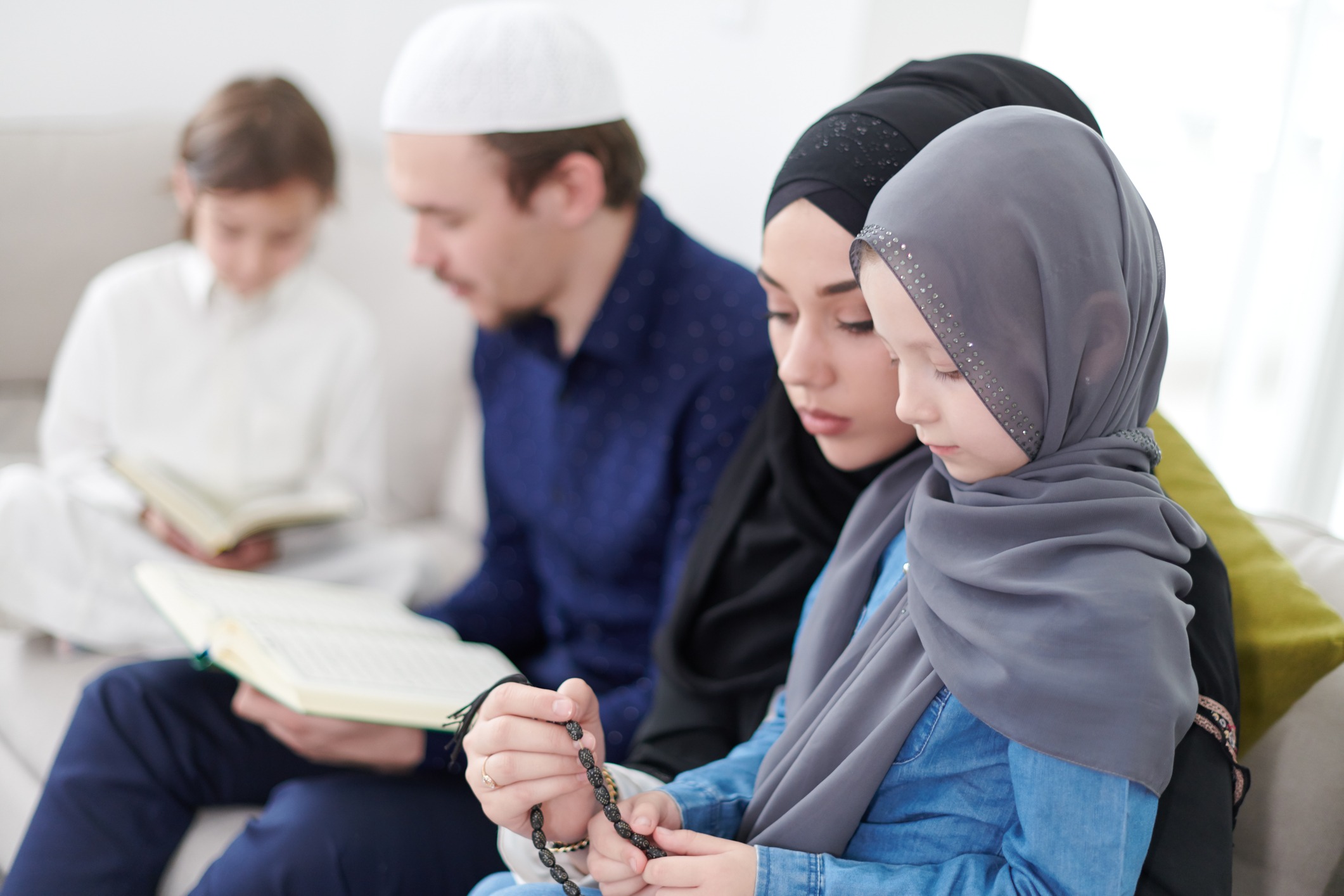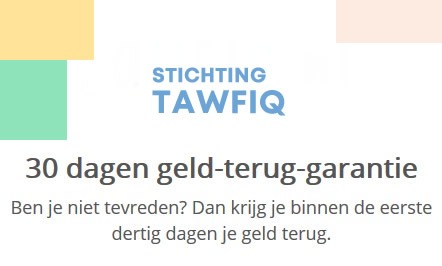Islamic knowledge, education and training
- How can parents educate their children in taqwa?
- What are the benefits of raising taqwa?
- How can parents help their children develop a deeper spiritual connection with God?
- What is the role of religious leaders in promoting taqwa among youth?
- What techniques and strategies can parents use to help their children cultivate piety in their daily lifestyles?
“Educating Taqwa: The Key to a Pious Life Full of God-Consciousness.”
Education for taqwa is an important part of Islamic teaching. It is a concept that relates to increasing God consciousness and piety in people. Taqwa literally means “fear of God” and represents the pursuit of a life based on the principles of the Quran. It is about more than just religious knowledge; it is also about how you behave, what you do, what you think and how you interact with others. Thus, raising taqwa means teaching children to base their lives on the values described in the Qur'an so that they do their best to become good people who respect and love God. In this article I will discuss various aspects of raising taqwa, including what it entails, the principles underlying it, and how parents can help their children develop God consciousness.






